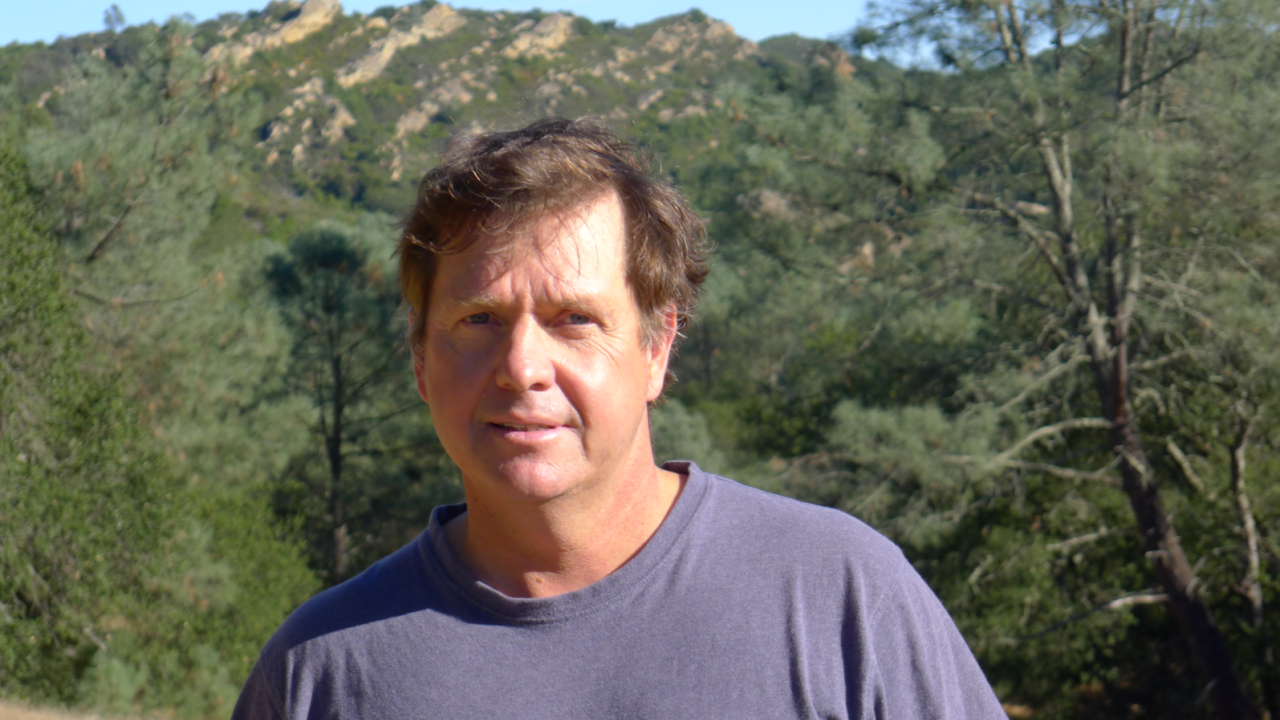
Faculty Spotlight- Mark Schwartz
Faculty Spotlight
Mark Schwartz
Mark earned his MS from the University of Minnesota in 1985, his PhD from Florida State University in Biology in 1990 and has been working at UC Davis since 1994. Mark is a plant ecologist by training but believes that conservation scientist is what would describe him best at this time in his career. We asked Mark some questions so that students can get to know him a bit better.
Tell us about your research?
I work on three areas of research. First, I study the drought, land use, climate and fire effects on natural vegetation in order to predict ecosystem changes under climate change. This work has focused on California, but I have studies on these same questions in Tanzania, Mexico and China. The second area of research is examining the efficacy of various climate adaptation strategies to protect biodiversity. Specifically, I am most interested in the issue of moving species to new environments in response to changing climates, or assisted migration. Finally, I study decision support for conservation to maximize opportunities to create positive conservation outcomes in difficult situations.
What is your favorite EPM class to teach and why?
ENV200 is a great class to teach because it brings a diverse suite of students who are interested in problems ranging across the full spectrum of environmental challenges and we find a common issue in learning how decision-makers access the background science for a problem and then move toward transparent, defensible and durable decisions regarding management. Covering topics from food, water and pollution to biodiversity, we can apply these stakeholder engagement, project planning and decision science tools generally across a wide array of problems. The discussions with students are wide-ranging and interesting.
What has been the most rewarding teaching/mentoring moment during your career?
Watching students move off to rewarding professions, just generally, is very gratifying. I have been very proud of some of my research work, but this pales in comparison to watching people you grow to know and care about succeed in their career trajectories. Years ago, I had an ecology PhD student who wanted to make a difference for conservation in Nicaragua. 15 years later this former student, Sarah Otterstrom, is the founder and director of a $1 million + / year NGO called Paso Pacifico, based in Nicaragua. Paso Pacifico does so much more than conservation, but also works on alleviating poverty and educating and empowering women. Watching this mature from the seed of an idea as an alternative to a post-doc has been amazing.
What is a piece of advice that you would give to a student thinking about joining our program?
Graduate education is an interactive adventure. Students need to take ownership of their professional goals and treat their graduate education as if it were a two year job interview. Building skills for your resume building networks of professional colleagues all takes time and energy. But, one can make remarkable headway by being mindful of the effort needed to achieve success.
